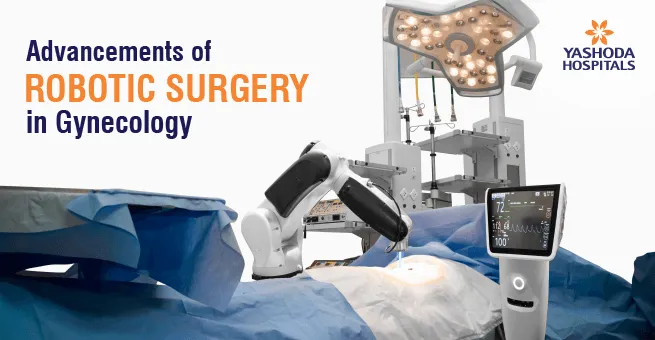Yashoda Hospitals in Hyderabad recently hosted the LAP-URO event, a key conference dedicated to Advancing Urology through minimally invasive surgeries. The event featured experts like Dr. Anant Kumar and Dr. Arvind Ganpule, who discussed revolutionary laparoscopic and robotic techniques for urological surgeries, including radical prostatectomy and renal transplants. These advanced procedures offer greater precision, faster recovery, and fewer complications. The event also highlighted future trends like AI integration, multidisciplinary collaboration, and hands-on surgical demonstrations, showcasing the growing importance of robotics in urology.
Advancing Urology as the central theme:
Prominent speakers, including Dr. Anant Kumar, Dr. Arvind Ganpule, Dr. Jamal Rizvi, and Dr. Sreeharsha, shared insights on various urological surgeries, such as radical prostatectomy and renal transplants. These specialists emphasized the growing importance of laparoscopic and robotic surgeries in complex urological treatments. One of the key themes of the event was how these advanced techniques allow for more precision and less trauma to the patient compared to traditional open surgeries.
Laparoscopic and robotic-assisted surgeries have revolutionized the field of urology by offering minimally invasive options for procedures such as prostate removal, kidney surgeries, and bladder repairs. The technology allows surgeons to operate with more dexterity and precision, reducing the size of incisions, minimizing blood loss, and enhancing recovery times. For example, robotic radical prostatectomy, a surgery for prostate cancer, enables precise removal of the prostate with fewer complications and quicker recovery. This is critical in urology, where delicate tissues and structures must be preserved to ensure optimal patient outcomes.
The LAP-URO event also served as a platform for discussing the future of urological treatments. Innovations in medical technology, including artificial intelligence (AI) and machine learning, are expected to play a key role in the future of robotic-assisted surgeries. AI could assist in preoperative planning, real-time decision-making during surgery, and even in post-surgical care, ensuring that patients receive personalized and optimized treatments. The integration of AI and robotics is poised to enhance the capabilities of surgeons, reduce human error, and further improve patient outcomes.
Educational workshops and live demonstrations of surgical procedures were key components of the event. These sessions provided valuable hands-on experience for younger surgeons and medical students, helping them understand the intricacies of laparoscopic and robotic surgeries. The live surgical sessions were especially well-received, as they allowed participants to witness the real-time benefits of these advanced techniques in urological care.
The conference also highlighted the importance of multidisciplinary collaboration in achieving the best outcomes for patients. Urologists, oncologists, nephrologists, and other specialists must work together to provide comprehensive care, especially in complex cases involving kidney transplants or cancer treatments. The event emphasized that with the right technology, skill sets, and teamwork, minimally invasive surgeries could drastically improve the quality of life for patients dealing with urological conditions.
In conclusion, the LAP-URO event at Yashoda Hospitals underscored the transformative power of laparoscopic and robotic surgeries in the field of urology. It showcased not only the technological advancements but also the importance of continued education, collaboration, and innovation in improving patient outcomes. As these technologies evolve, they are set to become even more integral to the future of urological care.














